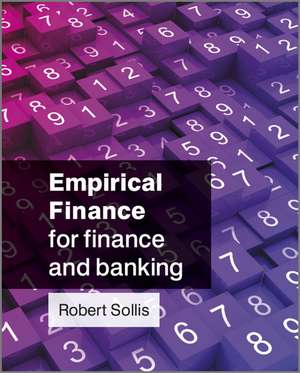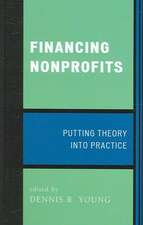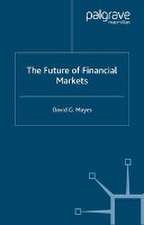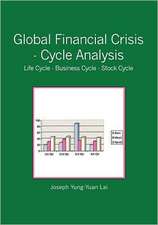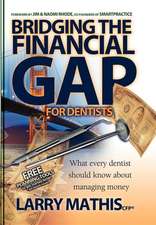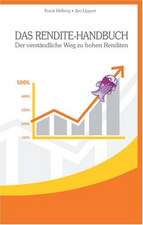Empirical Finance for Finance and Banking
Autor RR Sollisen Limba Engleză Paperback – 5 ian 2012
The first three introductory chapters outline the structure of the book and review econometric and statistical techniques, while the remaining chapters discuss various topics, including: portfolio theory and asset allocation, asset pricing and factor models, market efficiency, modelling and forecasting exchange and interest rates and Value at Risk. Understanding these topics and the methods covered will be helpful for students interested in working as analysts and researchers in financial institutions.
Designed for students with limited previous experience of econometrics, statistics or advanced financial theory, the text is written in an "easy-to-read" style. It features empirical examples at the end of each chapter to demonstrate the empirical methods and theory discussed and uses MATLAB(R) for all calculations. A guide to answering end of chapter questions and relevant computer programs can be found on the companion website: www.wiley.com/college/sollis
Preț: 468.43 lei
Preț vechi: 608.35 lei
-23% Nou
Puncte Express: 703
Preț estimativ în valută:
89.63€ • 93.84$ • 74.17£
89.63€ • 93.84$ • 74.17£
Carte tipărită la comandă
Livrare economică 05-19 aprilie
Preluare comenzi: 021 569.72.76
Specificații
ISBN-13: 9780470512890
ISBN-10: 047051289X
Pagini: 358
Dimensiuni: 189 x 235 x 19 mm
Greutate: 0.66 kg
Editura: Wiley
Locul publicării:Chichester, United Kingdom
ISBN-10: 047051289X
Pagini: 358
Dimensiuni: 189 x 235 x 19 mm
Greutate: 0.66 kg
Editura: Wiley
Locul publicării:Chichester, United Kingdom
Public țintă
Finance and Banking Students, Economics Students, Practitioners working in Financial MarketsDescriere
The underlying theme of this book will be on how empirical analysis can be used in Finance to test financial theory, model policy implications, and to forecast for investment purposes, rather than focusing in detail on the statistical and mathematical theory behind the models used. Empirical examples will be used throughout as pedagogical devices.
